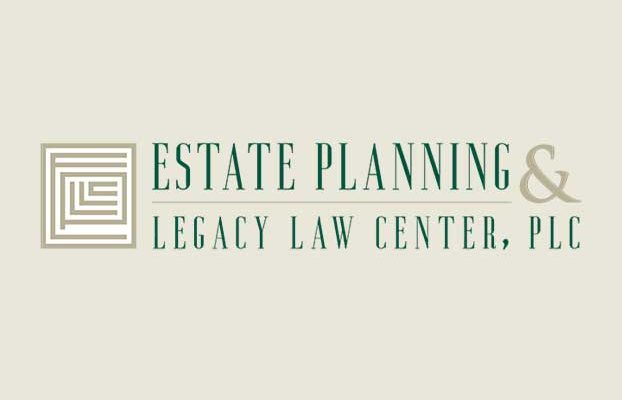
In deciding how best to approach an estate matter, it is important to be aware of how the estate creditors are to be paid.
What happens to your debt when you pass away?
Most Americans have debts of some kind and most debts do not disappear when the debtor passes away. Instead, the debts are paid out of the assets of the estate before the assets are distributed to the heirs.
NJ.com recently published a helpful article about this subject titled "What you need to know about estate creditors."
While the article is written specifically about New Jersey law, there are some generally applicable notables that are helpful reminders for all estate administrators.
The first thing to understand is that not all debts presented to the estate need to be paid. Only valid debts should be paid.
Debts can be invalid for a variety of reasons, such as the creditor cannot prove that the debt is owed or perhaps the statute of limitations has run on the claim. Another important thing to understand is that creditors should be paid in a specific order depending upon the type of debt.
While the specific order might change from state to state, it is important to note the debts to the government for taxes should always be paid before private debts! Finally, if there is not enough money in the estate to pay all of the debt, administrators need to be very careful and properly pay each creditor the appropriate amount from what is available.
Of course, the best thing for estate administrators to do when it comes to creditors, let alone estate administration, is to hire an experienced estate planning attorney to assist. Click here for more information on our attorneys and how we can help.
Reference: NJ.com (March 1, 2015) "What you need to know about estate creditors."
